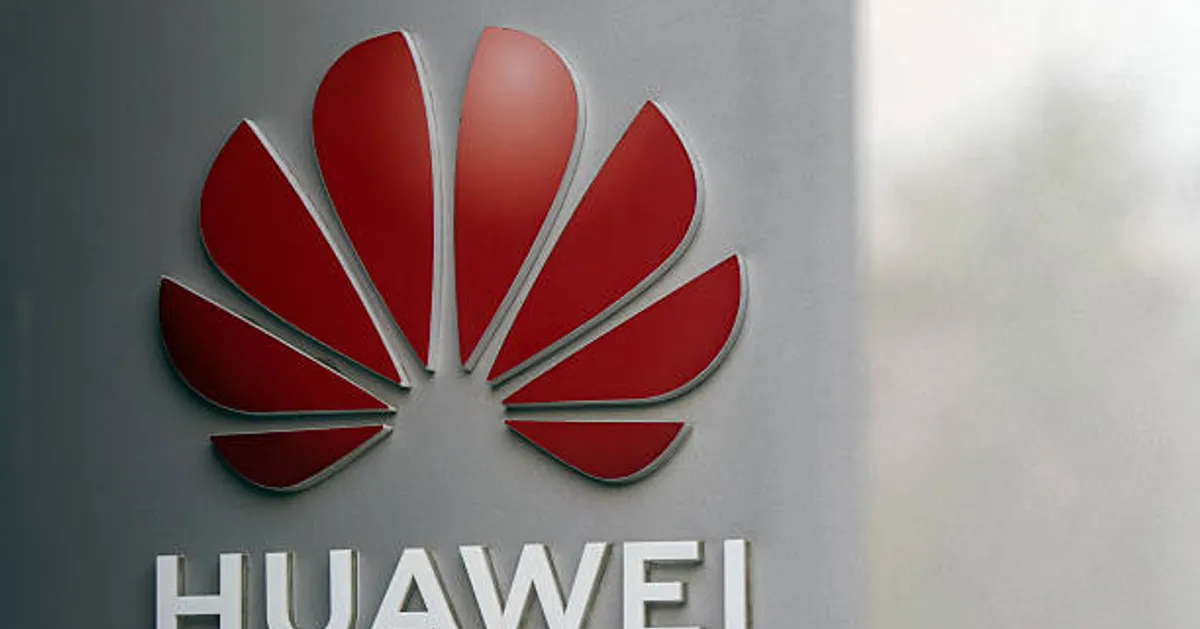EU Moves to Ban Huawei and ZTE from Mobile Networks Over Security Fears

GeokHub

The European Union is preparing to ban Chinese telecom giants Huawei Technologies and ZTE Corporation from member states’ mobile networks in a sweeping security overhaul aimed at protecting Europe’s critical infrastructure.
According to insiders familiar with the talks, the European Commission is finalising a framework that would force member countries to phase out all Huawei and ZTE equipment from their 5G and core network systems. The proposal, still under internal review, comes amid long-standing concerns that Chinese-made telecom gear could pose national security risks or expose sensitive data to foreign interference.
Officials in Brussels said the plan seeks to “strengthen Europe’s digital sovereignty” and reduce dependence on technology linked to non-EU governments. Some member states are expected to resist a full ban, citing high costs of replacing existing infrastructure and potential disruptions to mobile services.
Both Huawei and ZTE have strongly denied posing any threat, arguing that their products meet international security standards and that the proposed measures are politically motivated.
Analysis / Impact:
If approved, the ban could reshape the European telecom landscape, forcing operators to rely more heavily on Ericsson and Nokia as primary suppliers. Analysts say this move would align the EU more closely with the United States, which has already banned Huawei and ZTE over national security concerns.
However, the transition could be costly. Industry estimates suggest that phasing out Chinese equipment could cost billions of euros and take several years to complete. For Huawei, losing the European market would mark a major setback in its global operations, while for Europe, the move underscores its deepening commitment to digital security and independence.








